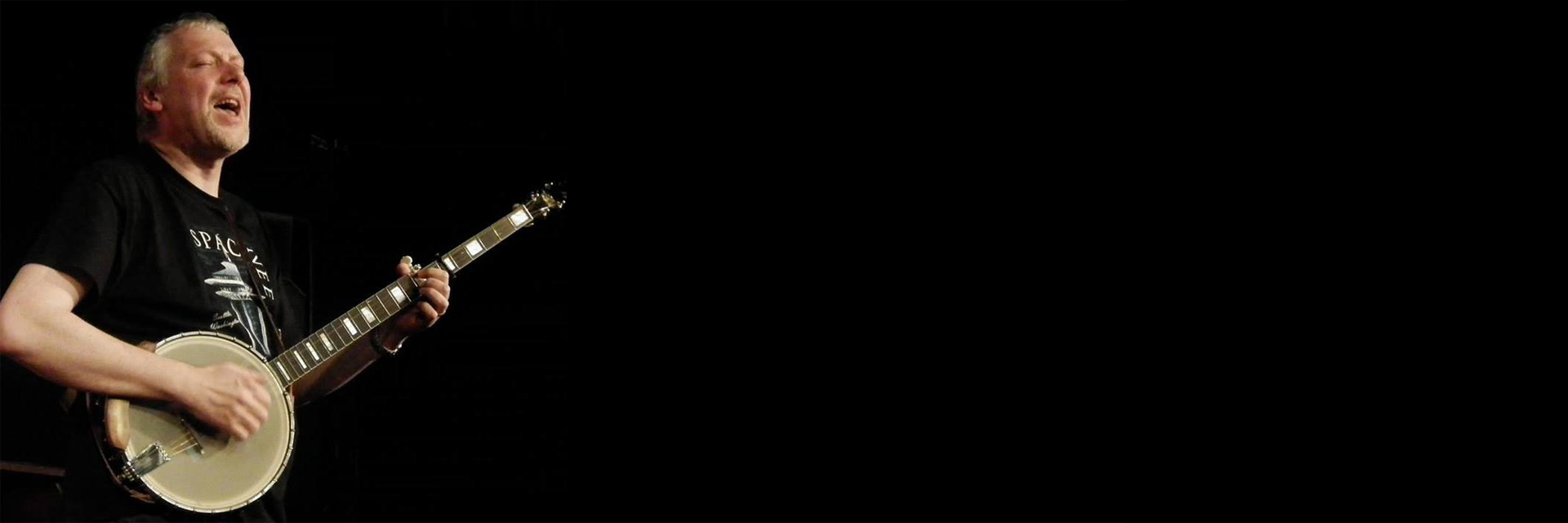 I found this song on a 78. It’s an old one, pre first world war I think. It was in bad condition and very hard to listen to, but I thought I could hear something quite interesting in it.
I found this song on a 78. It’s an old one, pre first world war I think. It was in bad condition and very hard to listen to, but I thought I could hear something quite interesting in it.
The references to “rich and poor side by side” for example. As well as that I liked the reference to Epping, a small town just outside of London that I know very well.
I dug the sheet music out of the British Library and was pleased to find an additional verse of social commentary that’s quite unusual in a music hall song. This song was written by Arthur West in 1891. It’s more Dickensian than anything too radical, decrying the injustice of the world but not suggesting there is very much to be done about it. But it’s still quite unusual in this sort of song I think.
It’s a pictorial journey around the East End of London. I don’t know how much of it is authentic to the authors experience or was just taken from the news of the day, but I thought it was quite unusual to have a song of this type point up the injustice and poverty of the city.
The resonances with the present day East End were so striking I wrote an additional verse to bring it up to date.
“Donah” is old fashioned slang for “girlfriend”.
Thanks to Natasha Munoz for her help in making the video, which we made in the same streets referred to in the song.
You can download the score here.
“Life in the East of London”
By Arthur West, 1891. Additional verse by Russ Chandler 2017.
If you want to see the bustle of our East-end London life
Tis a matter very easy, soon you’re in the busy strife.
“Here you are, sir, Mile End Road sir, Jump up here along with me”
O’er the bridge and through the city off you rattle speedily
Hear the busman’s merry banter with the cabmen on the way,
“Now then old-un, Come pull up there, Ain’t you had a fare all day?”
Up through Fenchurch Street he takes you, and before long you get down,
Amid the scenes you’ve come to visit in the wild, wild East of Town.
There you see the busy throng,
How they push each other along,
Some with a jovial laugh and song,
Some with woe quite undone.
Who shall ever stay that tide?
To the end it will abide,
Riches and poverty side by side.
That is life in the East-end of London.
See the coster with his barrow, loudly shouting “Buy, buy buy!”
“Fine and large, who’ll buy a marrow?” sells his lot feels bloomin’ dry.
Goes into a pub, close handy, but he knows the one to choose,
Stops until he’s chucked out singing rorty songs and full of booze.
Then on Sundays he and others take their donahs for a drive,
And to seat behind one gee-gee they can manage twenty five!
Off to Epping, good old Epping, late at night come home again,
No one knows which is his donah, each one shouts a different strain…
“When the Bloom is on the Rye”,
“Hi-tiddley-hi-ti-tiddley-hi-ti-ti”,
“Drink up boys and never say die!”
Never is the fun done.
“Gipsy Maid” must harmonise,
with “Two lovely fine black eyes”,
“Happy go lucky the coster boys!”,
That is life in the East-end of London.
Mark the Jew there, old clothes selling, swears the coat’s a perfect love.
“Fits you where it touches, does it? So help me fits you like a glove”.
See the loafing drunken ruffian, children clinging to his knee,
“Come home father, we’re so hungry, do come home to mother please”.
See the chickaleary joker, does the dipping, knows his game,
See the outcast on the pavement, once so pure now lost to shame.
See the heartless wealthy sweater, fat and sleek and knows his book,
The upon his toil-worn victim let us cast a pitying look…
Stitch, Stitch, Stitch, in poverty,
Every night and day is she,
For her starving children three,
Harder work by none done.
Stitch, Stitch, Stitch, while bread they crave,
Doomed to die the sweaters slave,
Her only rest is the paupers grave,
Such is life in the East-end of London.
Walk up Brick Lane to Shoreditch High Street, squint your eyes and try to see,
The barista in the coffee outlet, can I get a chai latte?
Commutes for hours from distant suburbs or drowning in the flood of wealth,
A tide of glass and steel and concrete that blazes light but eats itself.
See the cleaner from the hotel, dreams of home across the sea.
See the broker in his Merc can sell you authenticity.
See the coster’s pub still standing, but lunch is a week of the living wage,
And the endless stream of data mongers, “reach out” and “scrum” and quietly rage.
Still you see the busy throng,
Still do the work but no place to belong,
Still the market, the bus, the lost ones,
Still the sweater strutting.
Who shall ever stay that tide?
To the end it will abide,
Riches and poverty side by side.
That is life in the East-end of London.
